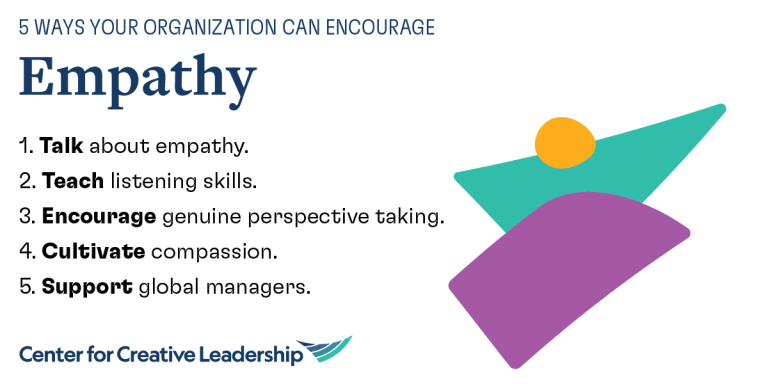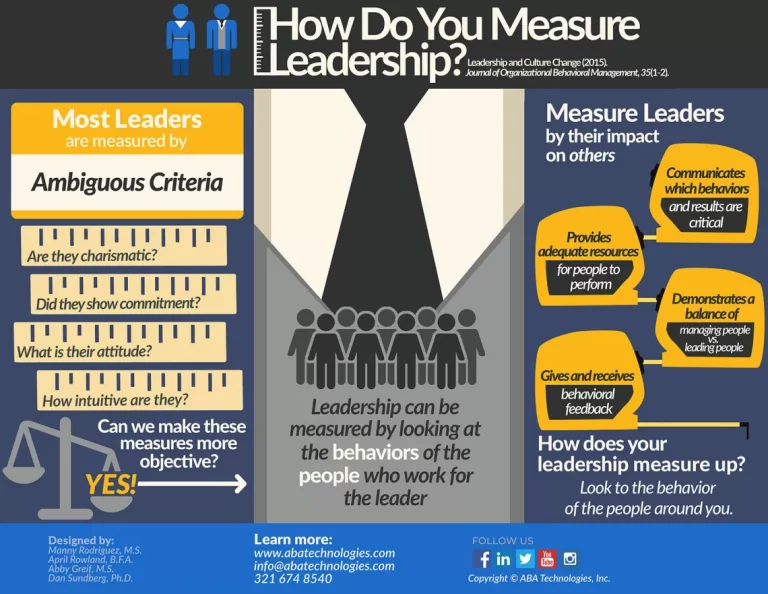Female Leadership Development
Female leadership development is a program designed to empower women in leadership positions and enhance their skills and abilities for greater success. This program provides women with the training, support, and resources they need to excel in their careers and break through the barriers that may hold them back.
With a focus on building confidence, communication skills, and strategic thinking, female leadership development programs aim to create a more diverse and inclusive workplace that benefits everyone. By investing in the development of women leaders, organizations can tap into a wealth of talent and perspectives, ultimately leading to more innovative and effective decision-making.
Current Gender Disparity In Leadership Positions
The current gender disparity in leadership positions remains a pressing issue, reflected in the lack of representation in top management roles. This imbalance is further perpetuated by the gender wage gap, where women receive lower salaries despite their qualifications and contributions.
Stereotypes and biases also play a significant role in hindering female leadership development. As a result, women face numerous challenges in advancing their careers and gaining equal opportunities for growth. Industries and organizations must adopt inclusive practices, challenge traditional gender norms, and promote diversity within leadership roles to address these issues effectively.
It is crucial to create environments that encourage and support women in their professional journeys, breaking the barriers that prevent them from reaching their full leadership potential. By fostering gender equality at all levels, companies can harness the unique perspectives and talents of women, leading to more prosperous and equitable outcomes for all.
Benefits Of Female Leadership Development
Female leadership development brings numerous benefits to organizations. Through diverse perspectives in decision-making, a range of ideas and insights are considered. This leads to better outcomes and more informed choices. Furthermore, improved financial performance is often observed in companies with strong female leaders.
Their unique approaches and strategies can result in increased profitability and growth. Additionally, female leadership development has a positive impact on organizational culture. It promotes diversity, equality, and a sense of inclusivity. This, in turn, fosters a supportive and collaborative work environment where employees feel valued and motivated.
Overall, investing in female leadership development yields numerous advantages for businesses, from enhanced decision-making to improved financial outcomes and a stronger organizational culture.
Strategies For Effective Female Leadership Development
Effective female leadership development involves implementing strategies such as mentorship programs, leadership training, and creating inclusive work environments. These initiatives aim to empower women in leadership roles and provide them with opportunities to grow and succeed. Mentorship programs allow aspiring female leaders to learn from experienced mentors who can provide guidance, support, and valuable insights.
Leadership training programs equip women with the necessary skills and knowledge to effectively lead teams and drive organizational success. Additionally, creating inclusive work environments fosters diversity and encourages collaboration, allowing female leaders to thrive and make significant contributions. Emphasizing the importance of female leadership development not only promotes gender equality but also strengthens organizations by leveraging the diverse perspectives and talents of women leaders.

Credit: studentaffairs.virginia.edu
Communication Skills
Effective communication skills are crucial for female leaders, including the ability to listen actively. Empathy and understanding play vital roles in fostering meaningful connections with others. It is equally important for women in leadership positions to have confidence when speaking in public.
These skills allow them to articulate their thoughts and ideas persuasively, inspiring and motivating others. By actively listening and empathizing, female leaders can build trust and rapport with their team members, promoting a collaborative and inclusive work environment. Additionally, possessing confidence in public speaking enables women to seize opportunities to share their expertise and assert their authority.
Developing these communication skills is essential for female leadership development as it enhances their ability to engage, influence, and lead effectively in various professional settings.
Emotional Intelligence
Emotional intelligence plays a crucial role in female leadership development. Self-awareness and self-regulation allow leaders to understand their strengths and weaknesses, making them adaptable and responsive. Empathy and compassion enable leaders to connect with their teams on a deeper level, fostering trust and loyalty.
Building and maintaining strong relationships with colleagues, clients, and stakeholders is essential for effective leadership. Leaders who possess emotional intelligence can navigate complex interpersonal dynamics and resolve conflicts successfully. By understanding and managing their own emotions and those of others, female leaders can create a positive work environment that encourages collaboration, innovation, and growth.
Ultimately, emotional intelligence equips women with the skills needed to excel in leadership roles, driving positive change and achieving success in their professional endeavors.
Resilience And Adaptability
Resilience and adaptability are key traits for female leaders to overcome obstacles and setbacks. In the ever-changing business landscape, embracing change and uncertainty is crucial. By maintaining a positive mindset, women in leadership can navigate challenges and find innovative solutions.
They must be agile and ready to pivot when necessary, without fear of failure. Adaptability allows them to learn from setbacks and adjust their strategies accordingly. Resilience enables female leaders to bounce back from difficult situations, staying focused on their goals and maintaining optimism.
It is this ability to overcome hurdles that sets them apart, paving the way for a successful and impactful leadership journey. Female leadership development encourages women to develop these qualities, equipping them to excel in their careers and bring about positive change in their organizations and society as a whole.
Gender Bias And Stereotypes
Female leadership development is a crucial topic that addresses the challenges women face in the workplace. Gender bias and stereotypes continue to hinder progress, creating barriers to advancement. Breaking through the glass ceiling is one aspect that demands attention, as women strive to reach higher positions within companies.
Imposter syndrome further exacerbates this issue, causing individuals to doubt their abilities and feel undeserving of their success. Overcoming imposter syndrome is essential in empowering women to fully embrace their leadership potential. Additionally, balancing work and family responsibilities is a constant juggling act for many female leaders.
It requires support systems and flexible workplace policies that enable women to thrive both professionally and personally. By addressing these challenges and promoting female leadership development, organizations can create a more inclusive and diverse environment where all individuals can excel.
Lack Of Support And Opportunities
Female leadership development faces challenges due to a lack of support and limited opportunities. Women often encounter unequal access to leadership roles, with biased promotion and advancement decisions. They may also be excluded from networks and mentorship programs, hindering their professional growth.
These barriers not only limit the potential of female leaders but also restrict the diversity and inclusivity within organizations. Addressing these disparities is crucial for achieving gender equality and fostering a culture that values and promotes female leadership. It is essential to create a supportive environment that provides equal opportunities, eliminates bias in decision-making processes, and encourages women to participate in mentorship programs and professional networks.
By addressing these issues, organizations can tap into the rich talent pool of female leaders and empower them to make significant contributions in the corporate world.
Cultural And Systemic Factors
Female leadership development is influenced by cultural and systemic factors. Gender norms and expectations shape women’s experiences and opportunities. Organizational barriers and biases also hinder female leadership growth. Societal barriers and discrimination further compound the challenges women face in leadership roles.
It is crucial to address these factors to create a more inclusive and equal environment that supports the development and advancement of women leaders. By challenging gender norms, addressing biases, and dismantling barriers, organizations and societies can foster the growth of female leaders and create a more diverse and equitable leadership landscape.
Promoting diversity and inclusion is not only the right thing to do, but it also brings numerous benefits to organizations, such as increased innovation and performance. Female leadership development requires a comprehensive and holistic approach that addresses these cultural and systemic factors to achieve meaningful progress.
Implementing Diversity And Inclusion Initiatives
Implementing diversity and inclusion initiatives is crucial for female leadership development. Establishing gender quotas can help to create a more equal representation of women in leadership positions. By implementing inclusive policies and practices, organizations can foster an environment that supports and nurtures the growth of women leaders.
Promoting diversity in recruitment and selection processes can ensure that a variety of perspectives and talents are considered when filling leadership roles. It is important to create a level playing field where all individuals have equal opportunities to succeed, regardless of their gender.
By actively working towards promoting and developing female leaders, organizations can benefit from the diverse insights and experiences that women bring to the table, ultimately leading to a more inclusive and successful workplace.
Fostering A Supportive And Inclusive Work Environment
Fostering a supportive and inclusive work environment is crucial for female leadership development. By addressing unconscious biases, organizations can eliminate barriers that hinder the growth of women leaders. Leadership development programs play a vital role in equipping women with the necessary skills and knowledge to excel in their roles.
These programs offer mentorship, coaching, and training opportunities, empowering women to make a significant impact in their organizations. Additionally, encouraging employee resource groups provides a platform for women to connect, share experiences, and support one another. These groups promote diversity and inclusion, allowing women to thrive in their careers.
By creating an environment that values and supports female leaders, organizations can unlock the full potential of their talent pool and drive greater success.
Empowering And Supporting Female Employees
Empowering and supporting female employees is crucial for their leadership development. Companies can facilitate this by providing mentorship and sponsorship opportunities. These initiatives allow women to learn from experienced professionals and gain valuable guidance. Additionally, offering flexible work arrangements enables women to balance work and personal life responsibilities, which can boost their overall satisfaction and productivity.
Moreover, ensuring equal access to career development resources such as training programs, workshops, and networking events is essential. With these resources, women can enhance their skills, expand their knowledge, and build a strong professional network. By prioritizing female leadership development, companies can create a more diverse and inclusive work environment that fosters growth and success for all employees.
Frequently Asked Questions Of Female Leadership Development
What Is Women’S Leadership Development?
Women’s leadership development refers to programs and initiatives that empower women to enhance their leadership skills and advance in their careers.
Why Is Female Leadership Development Important?
Female leadership development is important because it promotes diversity and equality in decision-making.
What Are Some Effective Strategies For Female Leaders?
Some effective strategies for female leaders include building a supportive network, developing strong communication skills, embracing diversity, and setting clear goals.
How Do You Build A Female Leader?
To build a female leader, provide mentoring, opportunities for growth, and support their development in a diverse and inclusive environment.
Conclusion
Female leadership development programs play a vital role in promoting gender equality and empowering women in the workplace. By providing women with the necessary skills, knowledge, and support, these programs facilitate their personal and professional growth. Through mentorship, networking opportunities, and specialized training, aspiring female leaders can gain confidence, enhance their leadership abilities, and overcome the barriers they may face.
The impact of these programs extends beyond individual women. Female leaders bring a unique perspective to decision-making processes, fostering innovation and diversity within organizations. By breaking the glass ceiling, female leaders become role models for future generations, inspiring young girls to envision and pursue leadership positions.
To create sustainable change, organizations and individuals need to recognize the importance of investing in female leadership development. By addressing systemic inequalities, promoting gender diversity, and providing equal opportunities for women, we can unlock the full potential of female leaders and foster more inclusive workplaces.
Together, we can build a future where female leadership is the norm, rather than the exception, and create a more equitable and prosperous society for all.

